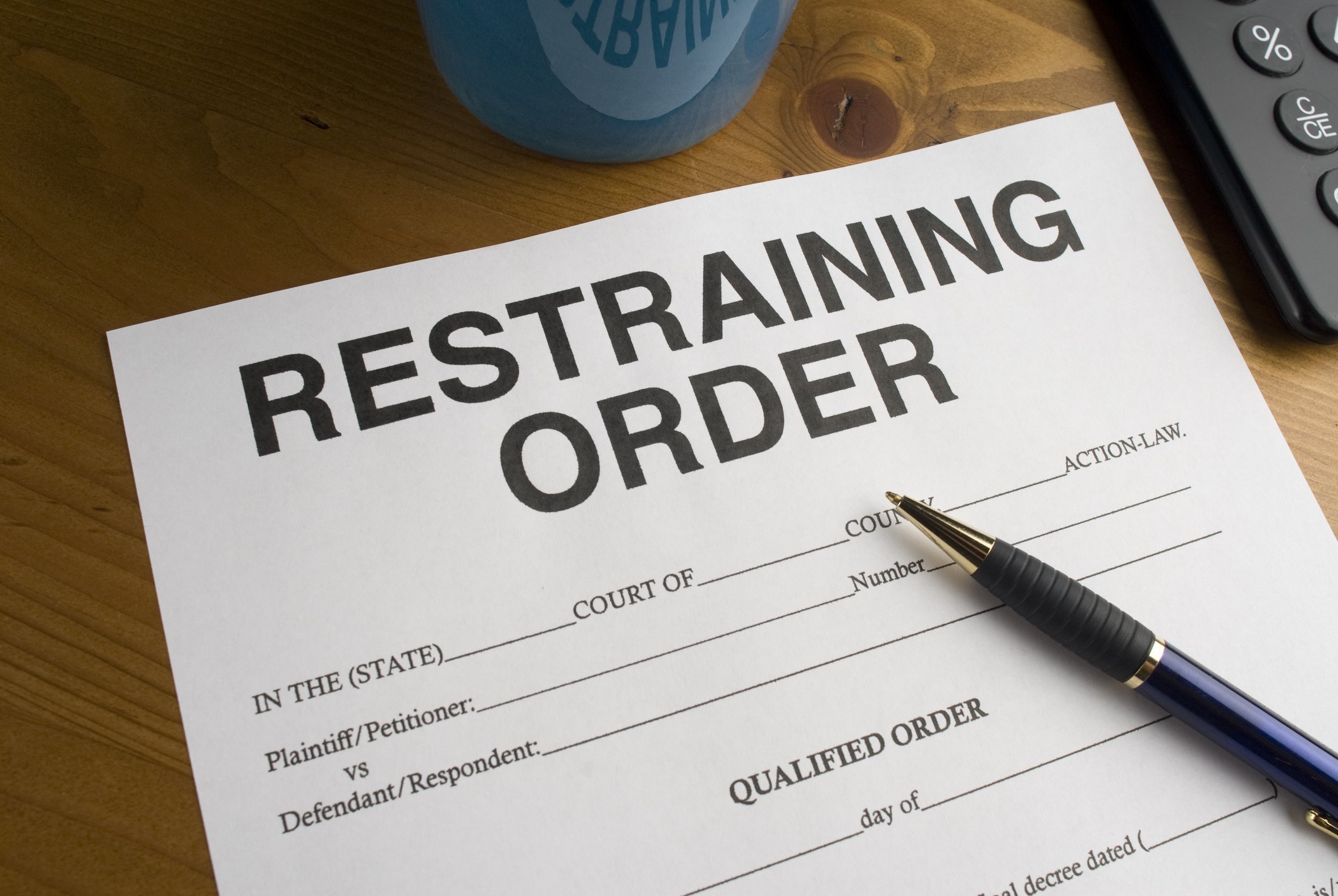Introduction:
Domestic violence and stalking are pervasive societal issues that leave victims feeling vulnerable, frightened, and unsafe. In New Jersey, victims have legal recourse through restraining orders, which are court orders that prohibit an abuser from contacting or harming a victim. This article serves as a comprehensive guide to understanding the process of obtaining a restraining order in New Jersey, empowering victims with the knowledge to protect themselves.

Image: desksandwich9.bitbucket.io
Understanding Restraining Orders in New Jersey:
A restraining order is a legal document issued by a court that imposes specific restrictions on the behavior of an individual. In the context of domestic violence and stalking, restraining orders typically prohibit the abuser from:
- Contacting the victim in any way, including through phone calls, text messages, social media, or in person.
- Coming within a certain distance of the victim’s home, workplace, or other designated locations.
- Harassing, stalking, or threatening the victim or their family members.
Eligibility for Restraining Orders in New Jersey:
To be eligible for a restraining order in New Jersey, the victim must demonstrate:
- That they are a victim of domestic violence, which includes abuse committed by a spouse, former spouse, or current or former dating partner.
- That they are a victim of stalking, which involves repeated, unwanted contact that causes the victim to fear for their safety.
Steps to Obtain a Restraining Order in New Jersey:
- Contact the Police: The first step is to report the incident to the police. They will document the details of the abuse or stalking and provide you with a police report.
- File a Complaint with the Family Court: Visit the Family Court in the county where you reside or where the abuse occurred. Fill out a complaint form and provide the police report as evidence.
- Attend a Temporary Restraining Order (TRO) Hearing: The court may grant a temporary restraining order (TRO) immediately after reviewing your complaint. A TRO will be effective for up to 10 days, giving you time to prepare for a final hearing.
- Serve the Abuser with the TRO: The TRO must be served on the abuser, who will then have a chance to respond to the allegations.
- Attend a Final Restraining Order (FRO) Hearing: At this hearing, both you and the abuser will have the opportunity to present evidence and testimony. The judge will then decide whether to grant a final restraining order (FRO). An FRO will remain in effect for a specified period, typically one year or more.

Image: www.susantperkins.com
Expert Insights:
“Restraining orders can be a crucial tool for protecting victims from further harm. They provide a legal framework that holds abusers accountable for their actions and creates a safe space for victims to rebuild their lives,” says Sarah Stevens, a leading domestic violence advocate in New Jersey.
Actionable Tips:
- Gather evidence of the abuse or stalking, such as text messages, emails, or social media posts.
- Keep a journal that documents all incidents of violence or harassment.
- Inform your employer, school, or other relevant individuals about the restraining order and the potential risk of harm.
How To Get A Restraining Order In Nj
Conclusion:
Obtaining a restraining order in New Jersey is an essential step towards protecting yourself from the trauma and danger of domestic violence or stalking. By understanding the process and seeking legal assistance when necessary, victims can reclaim their safety, rebuild their lives, and hold their abusers accountable. Remember, you are not alone, and there are resources available to support you.